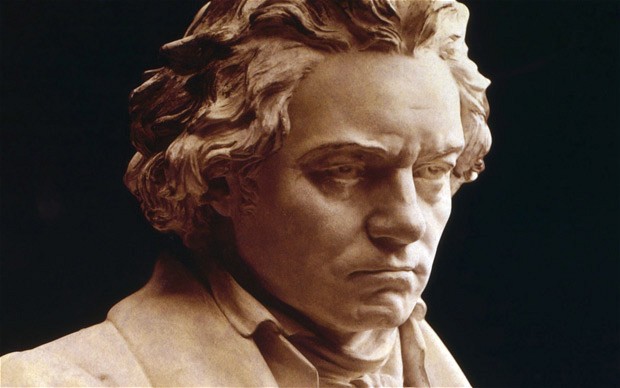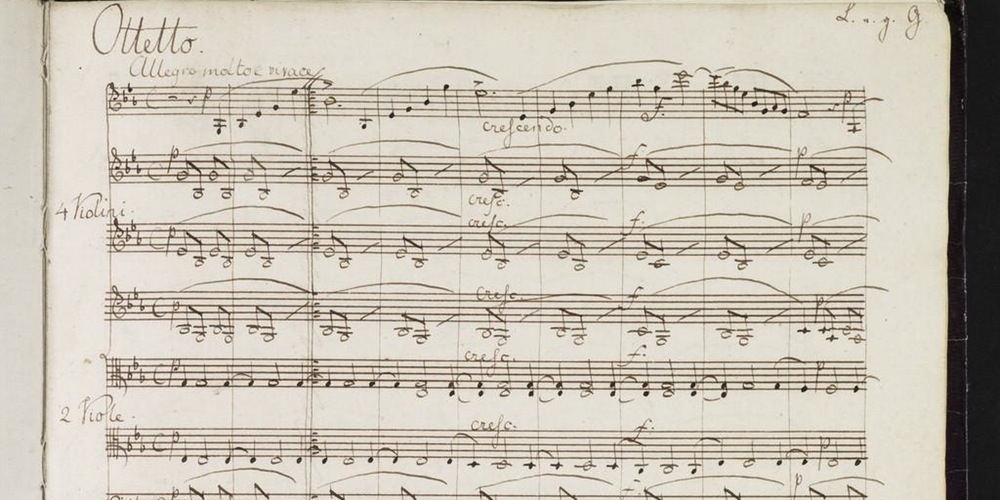Remembering Christopher Hogwood
Conductor, harpsichordist, and early music scholar Christopher Hogwood passed away last week at the age of 73. He was an influential advocate of authentic performance practice and the use of period instruments. He helped pioneer a movement which attempted to recreate the original sound and style of baroque and classical music. In 1973 he founded the Cambridge, England-based Academy of Ancient Music. You can explore a collection of his lectures here and view …



